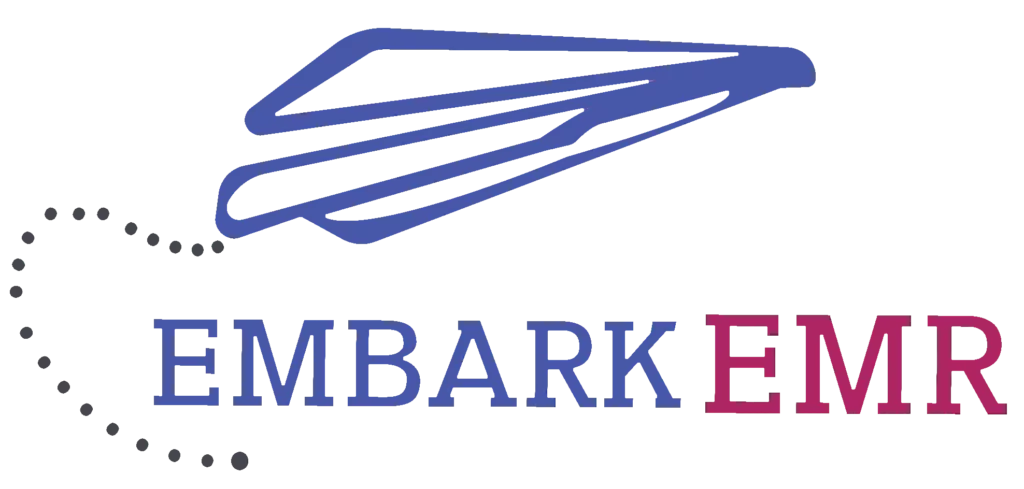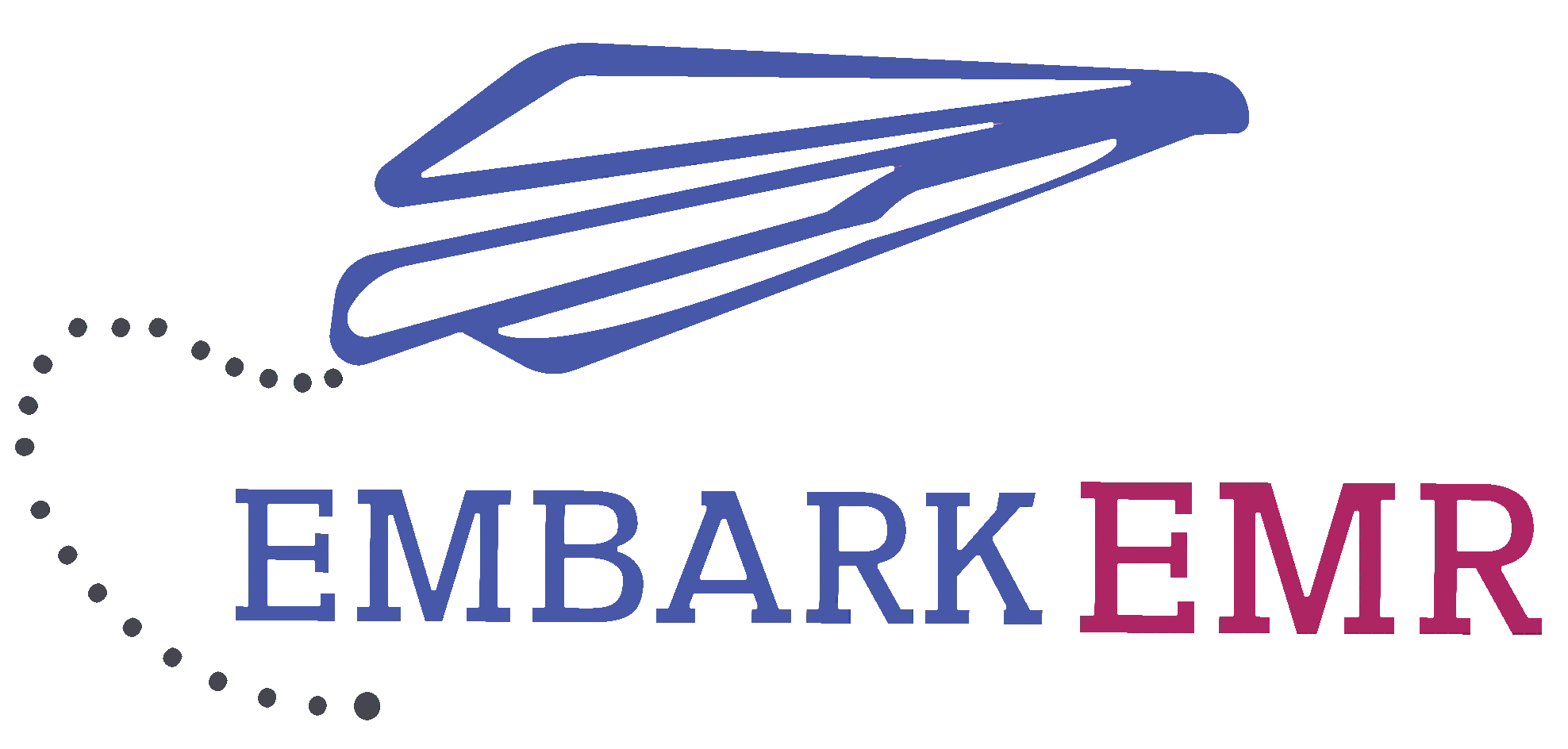Maintaining accurate and secure documentation is crucial for private practices to ensure compliance, provide quality care, and protect patient confidentiality. This article aims to provide a comprehensive guide on what needs to be stored, for how long, options for storage, resources, and proper destruction of documents, applicable to private practices in any state.
What needs to be stored and for how long?
- Patient Medical Records: It is generally recommended to retain patient medical records for a minimum of seven years from the last date of treatment or the patient’s age of majority plus seven years, whichever is longer. However, specific state laws may have different retention periods, so it’s important to consult state regulations or legal counsel for state-specific guidelines.
- Evaluations: Retain evaluation reports and comprehensive assessments for a similar period as patient medical records, following state-specific guidelines.
- Session Notes: Retain session notes or progress notes for a period consistent with patient medical records, following state-specific guidelines.
- Test Protocols: Retain test protocols and results for a period consistent with patient medical records, following state-specific guidelines.
- Patient Intake Paperwork: Retain patient intake paperwork for a period consistent with patient medical records, following state-specific guidelines.
Options and methods for document storage
- Physical Storage: Use locked filing cabinets or secure rooms for physical document storage. Implement strict security measures to protect patient confidentiality. State-specific regulations may provide additional guidance on physical storage requirements.
- Electronic Storage: Consider utilizing an Electronic Health Record (EHR) system like Embark EMR to store and manage patient information securely. Choose reputable a EHR vendor that comply with industry standards for data security and privacy. State-specific regulations may have additional requirements or recommendations for electronic storage. With Embark EMR, you need not worry about data retention, as we’ll take care of the requirements to meet or exceed state retention policies.
- Off-Site Storage Facilities: Private practices can consider utilizing off-site storage facilities specifically designed for document storage. These facilities provide secure, climate-controlled environments to safeguard physical records. They often offer features such as 24/7 surveillance, access controls, fire suppression systems, and disaster recovery protocols. Research local off-site storage providers and choose a reputable facility that meets your practice’s needs and complies with relevant privacy and security regulations.
- Secure Digital Vaults: Some companies specialize in converting physical documents into digital formats and storing them securely in digital vaults. These digital vaults utilize advanced encryption, access controls, and backup systems to protect sensitive data. They offer convenient search and retrieval functionalities, making it easier to access stored documents when needed. Before choosing a digital vault service, carefully review their security measures, data protection protocols, and compliance with privacy regulations.
Documents Storage Methods NOT Appropriate
- Unsecured Filing Cabinets: Storing sensitive patient information in unsecured filing cabinets is not appropriate. Cabinets without locks or inadequate security measures can compromise patient confidentiality and increase the risk of unauthorized access or data breaches. It’s important to prioritize the security of physical documents to protect patient privacy and comply with data protection regulations.
- Personal Cloud Storage or Consumer-Grade File Sharing Services: Utilizing personal cloud storage accounts or consumer-grade file sharing services (e.g., Dropbox, Google Drive) for storing mental and physical health documentation is not suitable. These services may lack the necessary security measures and legal agreements to ensure compliance with healthcare privacy regulations. Personal cloud storage accounts are also vulnerable to hacking or unauthorized access, putting sensitive patient information at risk.
Resources for document storage
- State Regulatory Agencies: Consult the website or contact state regulatory agencies responsible for healthcare, such as the State Medical Board or Department of Health, to find state-specific guidelines or regulations regarding medical documentation, storage, and compliance.
- Professional Associations: Professional associations related to healthcare, such as state medical associations, may provide resources, guidelines, and best practices specific to the state. Visit their websites or contact them for information.
Document destruction
- Identify documents for destruction: Regularly review and identify documents that have met their retention period or are no longer needed, following state-specific guidelines and legal advice.
- Proper destruction methods: Employ appropriate document destruction methods based on state regulations and industry best practices. Shredding or secure disposal services are commonly used for physical documents, while secure data wiping or physical destruction of storage media may apply to electronic records. State-specific regulations may provide additional guidance on proper document destruction methods.
Conclusion
Proper retention and storage of mental and physical health documentation are essential for private practices. While this article provides general guidelines, it’s crucial to consult state-specific regulations and legal counsel for detailed information. State regulatory agencies and professional associations can serve as valuable resources to find state-specific guidelines and requirements related to document retention, storage, and destruction.
Disclaimer
The information provided in this article is for general informational purposes only and does not constitute legal or professional advice. It is crucial to consult state regulations, legal counsel, and professional associations for specific guidance on document retention, storage, and destruction based on the state in which your practice operates.
Remember to customize the article based on your specific requirements and state regulations. Encourage readers to seek state-specific information and consult legal counsel for compliance with state laws and regulations.


